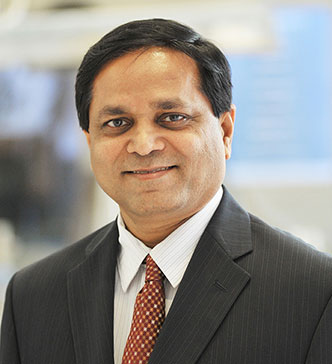Date: March 5, 2021
Time: 3 AM – 4 AM (AEST – VIC, NSW, ACT). Yes, you read it correctly. Set up for Australian and NZ insomniacs (or afternoon time if you are in the US), simply register to get a recording of the live webinar emailed to you after the event.
Presenter: Anilkumar K Reddy, Ph.D, Assistant Professor, Baylor College of Medicine
Organised by our business partner Scintica.
Focus on Doppler Flow Velocity System by Indus Instruments
Challenging a gold standard method with a non-invasive alternative
Key topics covered during this webinar include:
- Evaluating cardiac contractility using mean or peak aortic acceleration
- Investigating cardiac relaxation using mitral peak early velocity to peak atrial velocity ratio
- Interpreting myocardial perfusion capacity through coronary flow reserve at baseline and with disease or other conditions
- How Doppler Flow Velocity measurements can be used in translational research from mice to mammals
In a recent ground-breaking publication in Scientific Reports (by Nature), Perez et al. highlight the use of non-invasive blood flow velocity measurements to quantify cardiac contractility as a surrogate to +dP/dt max.
The article titled “Aortic acceleration as a non-invasive index of left ventricular contractility in the mouse” describes an alternate methodology to what is highly considered the gold standard for evaluating cardiac contractility and relaxation in preclinical research. The acute and terminal nature of acquiring +dP/dt using invasive blood pressure catheters is less than ideal, so finding a non-invasive surrogate is of great interest to the scientific research community.
Utilizing a Doppler Flow Velocity System (DFVS) from Indus Instruments, Dr. Reddy and his group show that peak acceleration in the ascending aorta can be used in place of invasive LVP catheters. This novel technique enables serial measurements in the same animal, which reduces animal-to-animal variability, allows for the use of fewer subjects, and decreases data collection time. Suitable for anyone interested in non invasive flow measurements.

ABOUT THE SPEAKER
Anilkumar K Reddy, Ph.D., Assistant Professor, Baylor College of Medicine
Dr. Reddy’s research interests include evaluation of cardiac and vascular mechanics in senescent, disease, transgenic, and surgical models of mice. Some of the rodent models he studies include atherosclerosis, dwarf, myocardial infarction/remodeling, pressure overload, hypertension, absent vascular tone, and absent steroid receptor coactivator-1, with the main goal being to translate what is learned in mice to humans for early detection and screening.

